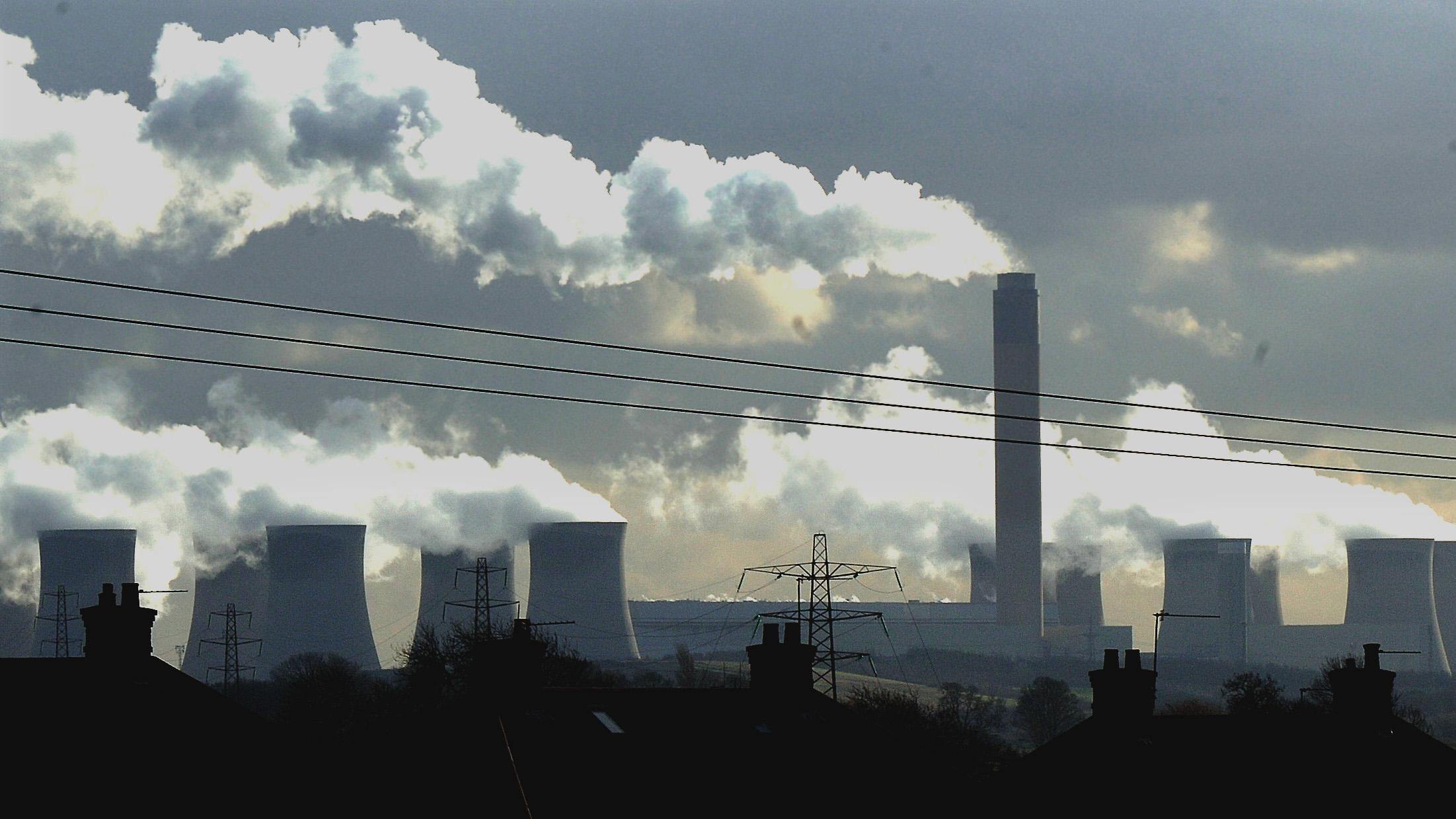
TODAY, the world hits ‘Earth Overshoot Day’ – when we have used all of the resources the planet is able to provide for the year.
Alarmingly, it is only August 1.
Experts have warned that humanity has used up all of the food, timber and other natural products that the Earth can sustainably provide for a year in the past seven months.
The planet has also absorbed as much carbon emissions as a result of human activity as it can for the year.
The new normal: Should we expect heatwaves like this every summer from now on?
This is the earliest date on which Earth Overshoot Day has fallen since the 1970s.
This was when humans first began overusing the planet’s natural resources, according to the Global Footprint Network, which calculates the date.
It means humanity is now using nature 1.7 times faster than the planet’s natural systems can cope with – the equivalent of using 1.7 Earths.
Earth Overshoot Day 2018 is August 1, the earliest date yet since the world went into ecological overshoot in the 1970s. If we #MoveTheDate 5 days a year, Earth Overshoot Day will fall back to Dec. 31 by 2050. https://t.co/ZwrDagJt5K pic.twitter.com/mGb3Rnk039
— Footprint Network (@EndOvershoot) July 30, 2018
In the UK, people are using so much of the Earth’s resources and putting out so much pollution that it would take 2.9 Earths to sustain the world if everyone lived like Britons.
As a result of this overuse, fisheries are collapsing, freshwater is scarce, soils are being eroded and wildlife is vanishing, while the buildup of carbon dioxide in the atmosphere is leading to climate change, more severe droughts, wildfires and hurricanes, the researchers said.
Global Footprint Network chief executive Mathis Wackernagel said: “As we mark Earth overshoot day, today may seem no different from yesterday – you still have the same food in your refrigerator.
“But fires are raging in the Western United States. On the other side of the world, residents in Cape Town have had to slash water consumption in half since 2015.
“These are the consequences of busting the ecological budget of our one and only planet.
It takes 14 times as much biologically productive land to produce 1 ton of beef as it takes to produce 1 ton of grain. Help #MoveTheDate by beefing up your plant-based diet and expanding your vegetarian repertoire. https://t.co/OHQDXJZjOW pic.twitter.com/z4xiFdMREB
— Footprint Network (@EndOvershoot) August 1, 2018
“Our economies are running a Ponzi scheme with our planet,” he warned, adding people were using the Earth’s future resources in the present day, and digging deeper into “ecological debt”.
The Global Footprint Network called for action to tackle the overshoot, and has outlined areas with the most potential for pushing back the day the world goes into ecological debt.
They include reducing driving in cities, replacing car trips with public transport, walking and biking, cutting carbon from energy production, reducing food waste by half, making diets more sustainable, and reducing the number of children families have.

Enjoy the convenience of having The Sunday Post delivered as a digital ePaper straight to your smartphone, tablet or computer.
Subscribe for only £5.49 a month and enjoy all the benefits of the printed paper as a digital replica.
Subscribe